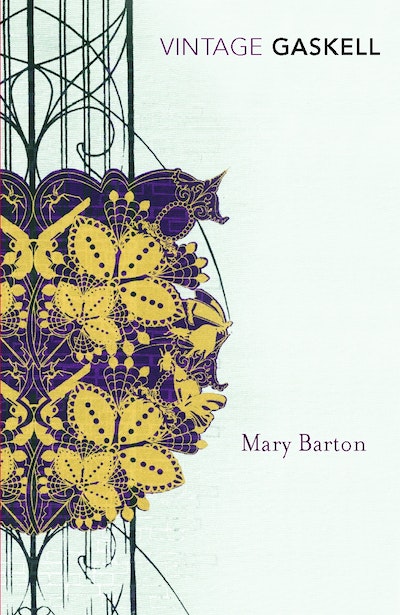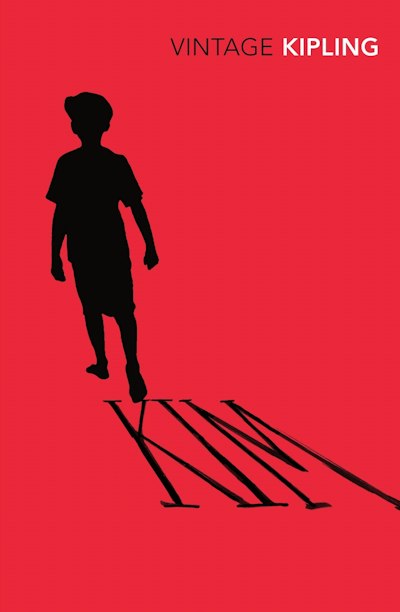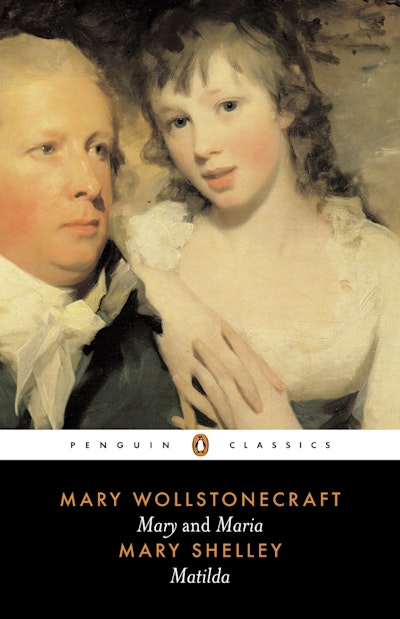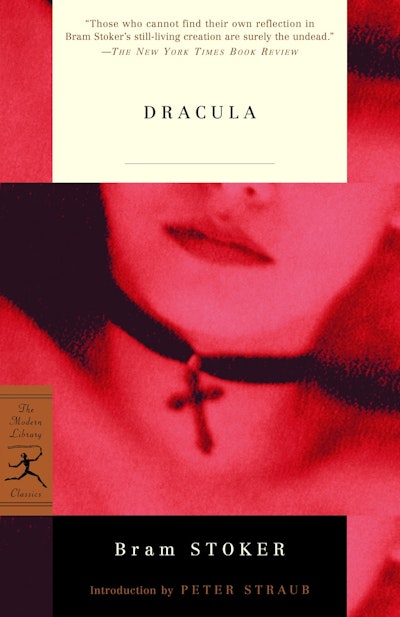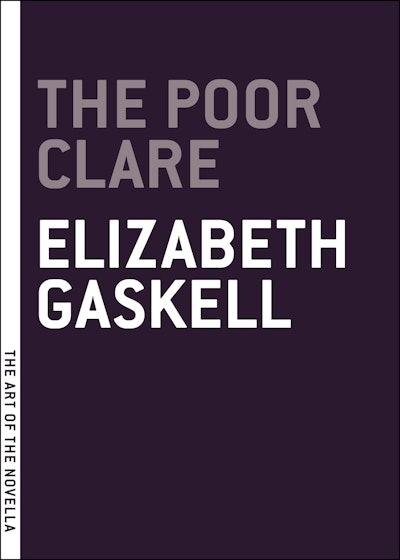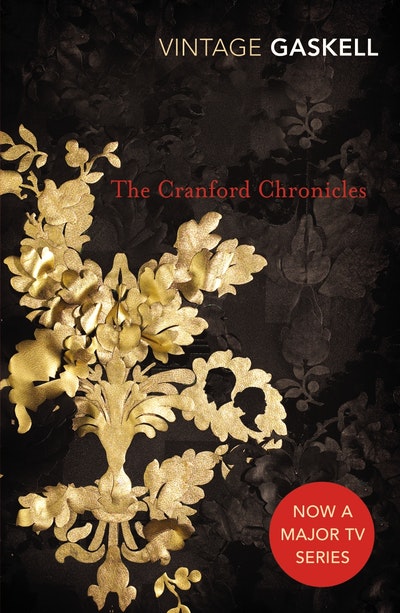- Published: 1 September 2010
- ISBN: 9781407015415
- Imprint: Vintage Digital
- Format: EBook
- Pages: 496
Mary Barton
A Tale of Manchester Life
'Gaskell's shocking, moving and contemporary account of the corrosive effects of injustice and poverty' Sunday Telegraph
'Gaskell's shocking, moving and contemporary account of the corrosive effects of injustice and poverty' Sunday Telegraph
Mary Barton is the pretty daughter of a factory worker who finds herself dreaming of a better life when the mill-owner's charming son, Henry, starts to court her. She rejects her childhood friend Jem's affections in the hope of marrying Henry and escaping from the hard and bitter life that is the fate of the workers, who are resentfully dependent on the callous mill-owners for their livelihoods. But when Henry is shot dead in the street Jem becomes the prime suspect and Mary finds her loyalties tested to the limit.
- Published: 1 September 2010
- ISBN: 9781407015415
- Imprint: Vintage Digital
- Format: EBook
- Pages: 496
Other books in the series
Related titles
Praise for Mary Barton
Mary Barton is the first and arguably the finest of them. In it, early trade-union radicalism and competition between old industrial methods and new is the background to a powerful, often heartbreaking depiction of real rather than ideal Victorian family life
Independent
A story of scandal, class conflict and bitter rivalry
Guardian
Elizabeth Gaskell, or Mrs Gaskell as she was known, also produced what has been called the first social novel. The living conditions she witnessed daily in her work among poor mill labourers spurred her to write a novel that would prick the social conscience of industrial Britain, while spinning a gripping yarn. It worked. "People on Turkish carpets," wrote one reviewer, "with their three meat meals a day, are wondering why working men turn Chartists and Communists. Do they want to know why? Let them read Mary Barton"
Independent on Sunday
People who read her always come away surprised at how modern she sounds. You don't have to think yourself into her century in order to sympathise, since her guiding principle was no more or less than a sense of practical, day-today justice, totally outside the abiding gentleman-lady-peasant-donkey-peasant's wife hierarchy which surrounded her.
Zoe Williams, Evening Standard
